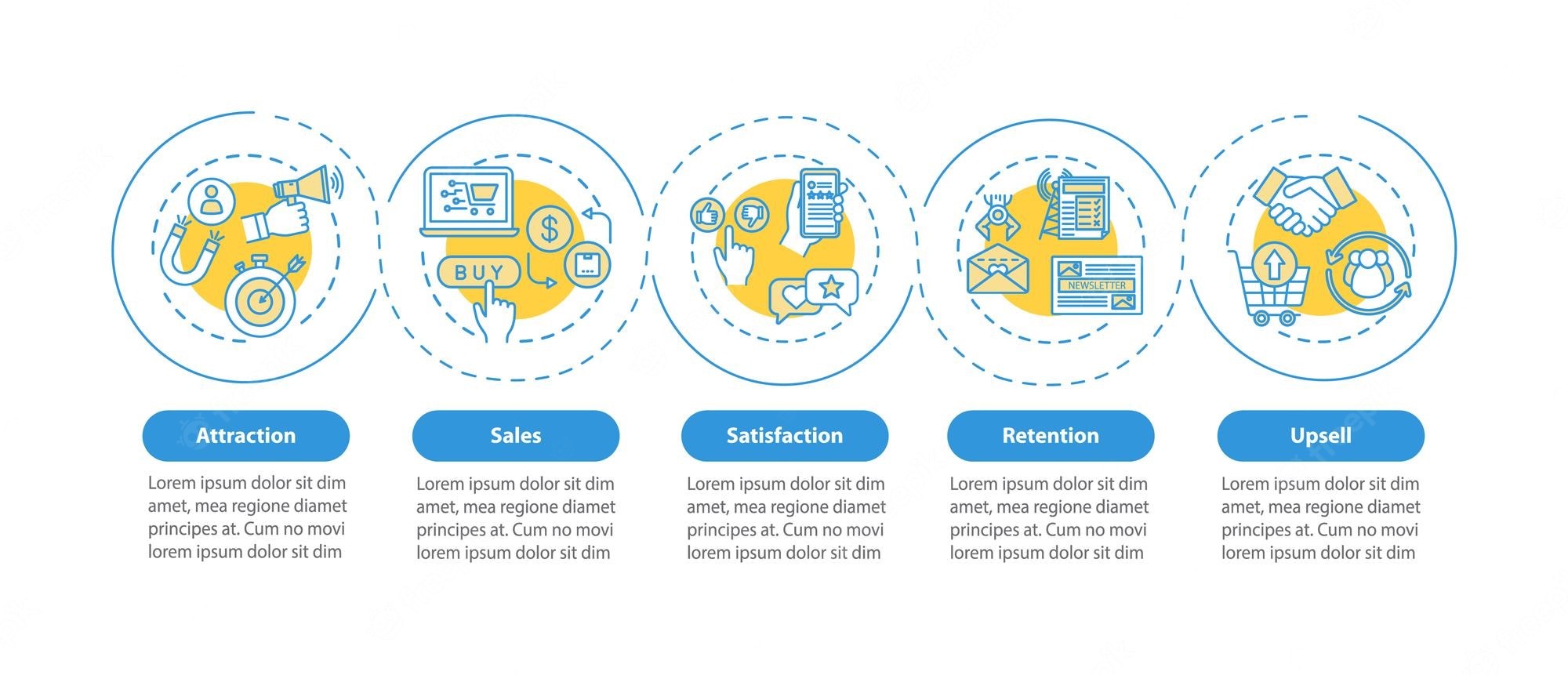VPS hosting is a popular option for businesses that need to host their website on a server but do not have enough resources or budget for dedicated hosting. Instead of renting dedicated hardware and software for the server, you can instead rent VPS hosting. This gives you the same benefits of a dedicated server at a much lower price point. Among other things, VPS hosting gives you your own virtual private operating system with its own set of resources, thereby allowing you to host websites and applications without affecting anyone else’s performance. This article details everything you need to know about VPS vs. cloud vs. dedicated hosting and how they each compare in terms of costs, security, and compatibility with third-party applications. It also goes into detail on what these different types of virtual servers mean in practice, including pros and cons and examples of different use cases where each one might be better suited than another type of hosting solution.
What is VPS Hosting?

VPS hosting is a type of hosting in which a server is shared by multiple users, but each user gets their own virtual operating system. In other words, a VPS server hosts multiple virtual operating systems, each of which is a self-contained mini-server that can run different operating systems, different apps, different websites, and so on, without affecting any other virtual server. Each virtual OS is given a certain amount of resources, such as RAM, disk storage, and CPU power. That’s why VPS hosting can be thought of as a compromise between dedicated hosting and shared hosting. You’re sharing the server with other virtual servers, but you get your own virtual OS. This gives you more control than shared hosting, but less than with dedicated hosting.
Advertisement
How Does VPS Hosting Work?
A VPS is a virtual private server hosted in a data center. It is shared with other VPS users, but it has its own operating system, its own IP address, and its own resources. This self-contained environment allows you to use the server for almost any application, including hosting websites, email, databases, and other services. VPS hosting works by pooling physical resources. One physical server computer is shared by multiple virtual servers. Each VPS user has their own operating system and resource allocation, but they are relying on the same hardware. The difference between VPS hosting and standard shared hosting is that each virtual server has its own IP address, its own OS, and its own storage space.
Advertisement
Cloud Hosting Vs. VPS Hosting
VPS hosting and cloud hosting are very similar, but there are a few key differences. First, with VPS hosting, you share a physical server with other VPS users, whereas cloud hosting is a service that lets you use their virtual servers. If you need to scale up your server, you can do so with a VPS. But if you need more servers, you can add more servers to the cloud. Another major difference is that with VPS hosting, you have more control over the server. VPS hosting is ideal for people who need their own server but don’t have the resources to purchase and maintain dedicated hardware. With cloud hosting, you’re always renting someone else’s server, whereas, with a VPS, you have full control over the hardware and software.
Dedicated Hosting Vs. VPS Hosting
Dedicated hosting gives you full control over your server and gives you the ability to scale your server up or down as needed. In addition, you can run any software you want on your server. VPS hosting is more like shared hosting in that you’re sharing the server with other companies. With dedicated hosting, you own the server outright. With VPS hosting, you’re leasing the server from the hosting provider. Because you’re leasing the server, you don’t have the same control over the hardware that you do with dedicated servers. You also don’t have control over the operating system. You’re renting a server from the hosting provider, and they are in charge of managing the hardware and software.
Advertisement
Pros of VPS Hosting
– More Affordable Than Dedicated Hosting – VPS hosting is much more affordable than dedicated hosting. You’re sharing the server with other companies, so you’re paying a lower price per server. – Better Scalability Than Shared Hosting – Because you can add more VPS servers, you can easily scale up your hosting if you get more traffic than you expected. Shared hosting is usually not scalable. – Greater Control Than Shared Hosting – Each VPS user has their own operating system, their own IP address, and their own resources. This means you can install the software that you want and host any type of website on the server.
Cons of VPS Hosting
– Less Control Than Dedicated Hosting – With dedicated hosting, you have full control over the hardware and operating system. With VPS hosting, you have less control over the hardware. – Shorter Service Level Agreements – Most VPS hosting providers will have a relatively short service level agreement. With dedicated hosting, you’re renting the server. So the hosting provider has a financial incentive to keep it up and running. With VPS hosting, you don’t own the server. So the hosting provider could shut it down if they want to. – Unpredictable Scalability – With VPS hosting, you can easily scale up your server. But if your server gets way more traffic than you expected, the hosting provider might suspend your account. With dedicated hosting, you can scale up your server as much as you want.
Final Words: Is VPS Right for You?
VPS hosting is a great option if you need to run apps like a website, a database, or a mail server but don’t have enough resources for dedicated hosting. If you need full control over the hardware, you should go with dedicated hosting. Otherwise, if you just need a bit more flexibility, VPS hosting will be a cheaper and easier option. When choosing a VPS host, you should look for reliability, scalability, and support. If you choose a VPS, you can expect to pay less than you would for a dedicated server. However, there is still a small risk that your VPS host could shut down at any time. In order to protect yourself against this, you should make sure to choose a reliable VPS host.
